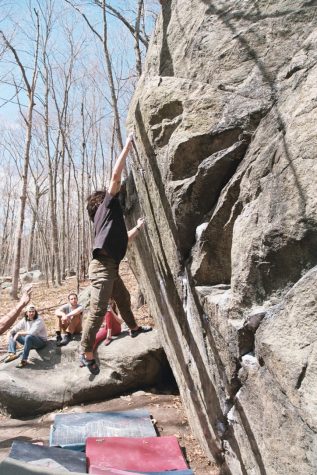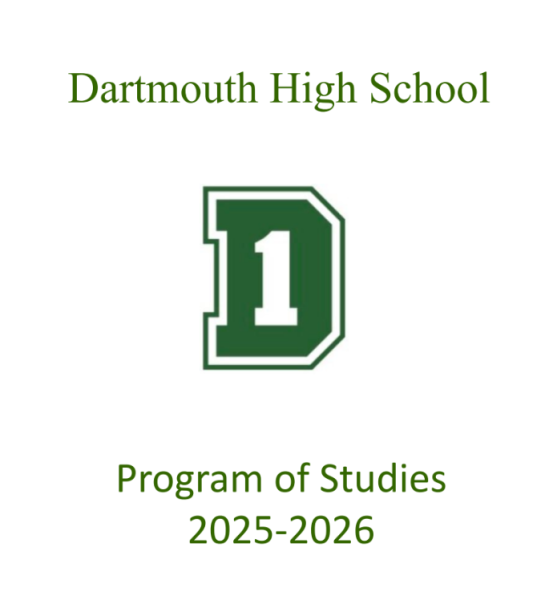College alternatives are more alluring than ever
As the school year comes to a close, many are left wondering one very simple thought: What am I doing with my life? Many people around them are shouting instructions, usually along the lines of “Go to a nice college for four years!” And yet, that particular path is not meant for everyone. Little does society realize, there’s actually a plethora of alternatives for life after high school.
For instance, teens have the option of taking a gap year. This refers to time off between high school and college, when various opportunities are available. High school graduates can travel, thus able to experience what the “real world” has to offer, as opposed to being confined to a singular culture and building that they are accustomed to. Other possibilities with a gap year include volunteer work, which could also allow for further culture exposure, as well as garnering job experience. Working can lead to a greater income, making college debt and loans more manageable.
According to the National Alumni Survey Report in 2015, nearly 100% of gap-year takers from ages 18-60 agreed that the experience allowed time for personal reflection, helped them develop as a person, increased self-confidence, and helped teach proper interaction with people from different cultures.
Additionally, undergraduate students who had taken a gap year prior to enrolling earned 0.1 to 0.4 higher GPAs than students who didn’t, according to studies conducted by Robert Claggett, former dean of Middlebury College.
Besides attending an American college, there’s also the option of a university in another country, even for a brief time. Upon surveying alumni from all their study abroad programs from 1950 to 1999, the Institute for the International Education of Students (IES Abroad) found that regardless of where students studied and for how long, the data from the more than 3,400 respondents (a 23 percent response rate) shows that studying abroad is normally a valuable and crucial moment in a young adult’s life and continues to impact them for years after the experience.
Additional results were gathered from participants in this study. When asked about their academic gain, 87% of respondents said that study abroad influenced subsequent educational experiences, 63% said that it influenced their decision to expand or change academic majors, and 64% reported that it inspired their decision to attend graduate school. Nearly half of all participants in the study have partaken in international work or volunteerism since studying abroad.
Besides traveling for fun and academic purposes, leaving the safety of a hometown for the military can also be beneficial. This decision may help pay for college in the future, as well as assist in providing health care. The Veterans Affairs office can be extremely helpful at providing a comfortable life afterwards, including choosing a college and transferring credits. Furthermore, the G.I. Bill requires the military to pay for veterans’ college tuition, books, and room and board.
In regards to concern about safety in joining such a dangerous path, a safer option can be working for the Coast Guard, which has been successful at both paying for college and providing a job after the completion of service, as well as offering experience in work with aquatic-related fields.
If none of these options sound plausible, a safer bet can be found with simply graduating high school and immediately turning to college. Community college, that is. There is often a social stigma of attending community college, with claims that it is of less importance or provides a lower level of education to students. However, when it comes to figuring out what occupation to take up, the basic classes given at community colleges allow for a more forgiving decision-making experience.
Additionally, there are a multitude of other benefits.
For one, the cost is exponentially lower. Most in-state tuition fees for community colleges are at about $1000. Also, financial aids are still available at these schools. Federal student loans require enrollment in at least two courses, allowing for an even cheaper academic experience.
This weight off the expenses involved can also help students with the intent to transfer to art and culinary schools, as well as other specific areas of education. With the financial burden of basic classes lifted off a student’s shoulders, it can be more affordable to then attend an expensive school with greater resources to prepare for a desired career.












